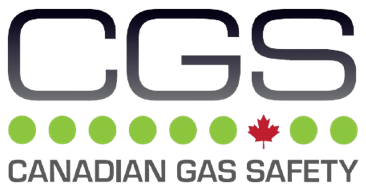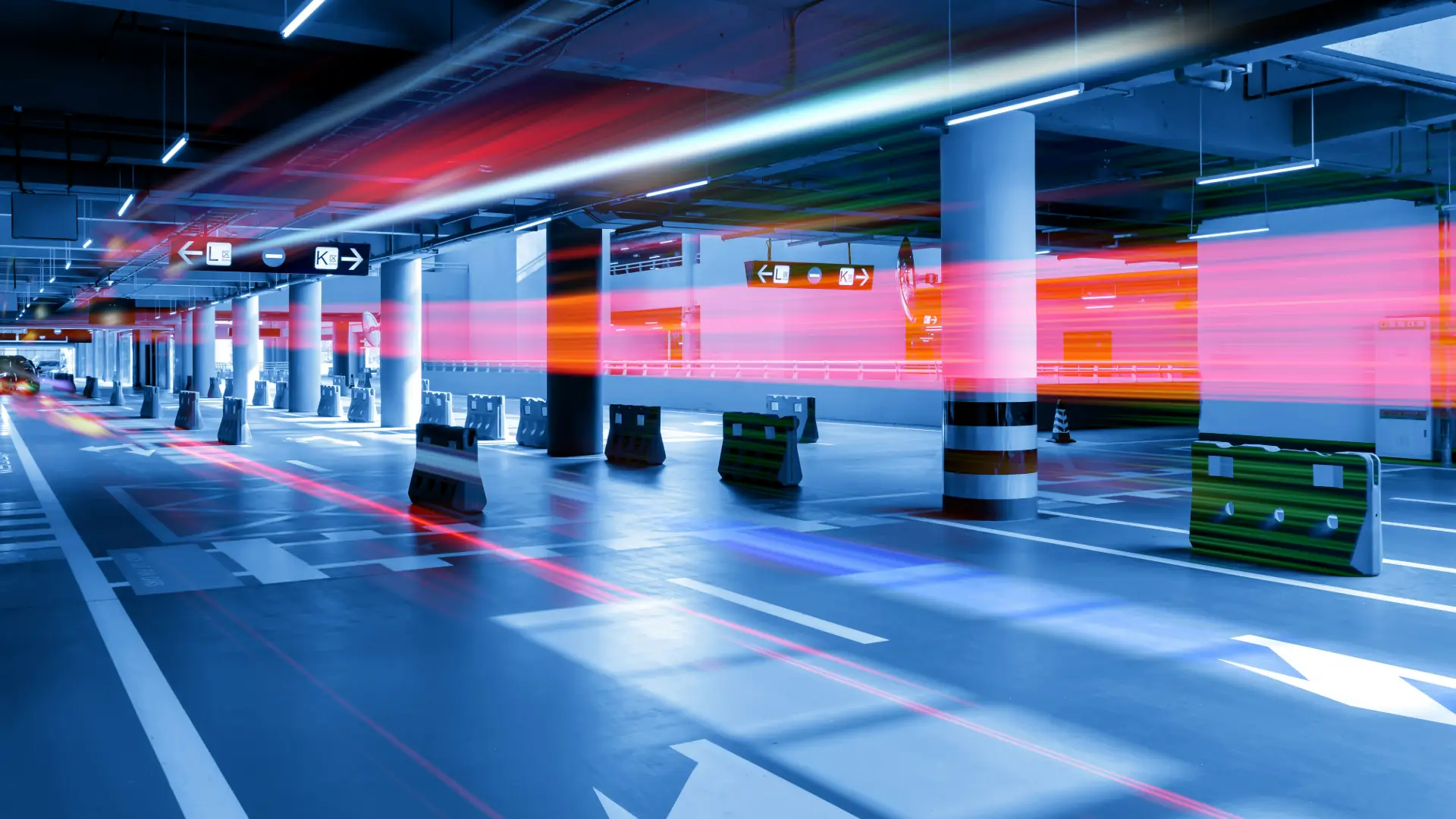Parking garages are essential components of urban infrastructure, providing convenient spaces for vehicles in bustling cities and towns. However, amidst the concrete and steel, there lurks an invisible threat: carbon monoxide (CO) and nitrogen dioxide (NO2) gases. Understanding the dangers posed by these gases and implementing robust detection systems is crucial for ensuring the safety of occupants and the efficient operation of parking facilities.
Understanding the Dangers:
Carbon monoxide (CO) is a colorless, odorless gas produced by the incomplete combustion of carbon-containing fuels such as gasoline, natural gas, or wood. Exposure to elevated levels of CO can lead to carbon monoxide poisoning, causing symptoms ranging from headaches and dizziness to unconsciousness and death.
Nitrogen dioxide (NO2) is a reddish-brown gas with a sharp, pungent odor. It is primarily emitted from vehicle exhaust and industrial processes. Prolonged exposure to NO2 can irritate the respiratory system, exacerbate asthma, and increase the risk of respiratory infections.
The Importance of Detection Systems:
Given the invisible nature of CO and NO2, relying solely on human senses to detect their presence is insufficient. Gas detection systems play a vital role in continuously monitoring air quality in parking garages, alerting facility managers to the presence of dangerous gases before they reach hazardous levels.
What the Systems Do:
Gas detection systems installed in parking garages utilize sensors to monitor CO and NO2 levels in real-time. When concentrations exceed predefined thresholds, the system triggers alarms to alert occupants and facility managers. Additionally, these systems can interface with ventilation systems and dampers, automatically ramping up ventilation rates to expel contaminants and maintain safe air quality within the garage.
The CGS Range:
Canadian Gas Safety (CGS) offers a comprehensive range of gas detection solutions tailored to the needs of parking garage facilities. The ParkSafe system combines cutting-edge sensors with intelligent control algorithms to provide accurate and reliable detection of CO and NO2. With features such as remote monitoring and integration with building management systems, ParkSafe ensures proactive gas detection and swift response to potential threats with automatic ventilation and damper control.
Conclusion:
Parking garages must prioritize the safety and well-being of occupants. By investing in advanced gas detection systems like ParkSafe from CGS, facility managers can effectively guard against the invisible threats of carbon monoxide and nitrogen dioxide, creating safer environments for all. Don’t let the unseen jeopardize safety – implement robust detection solutions and breathe easy in your parking facilities. Contact Canadian Gas Safety or your local representative here for further information.

